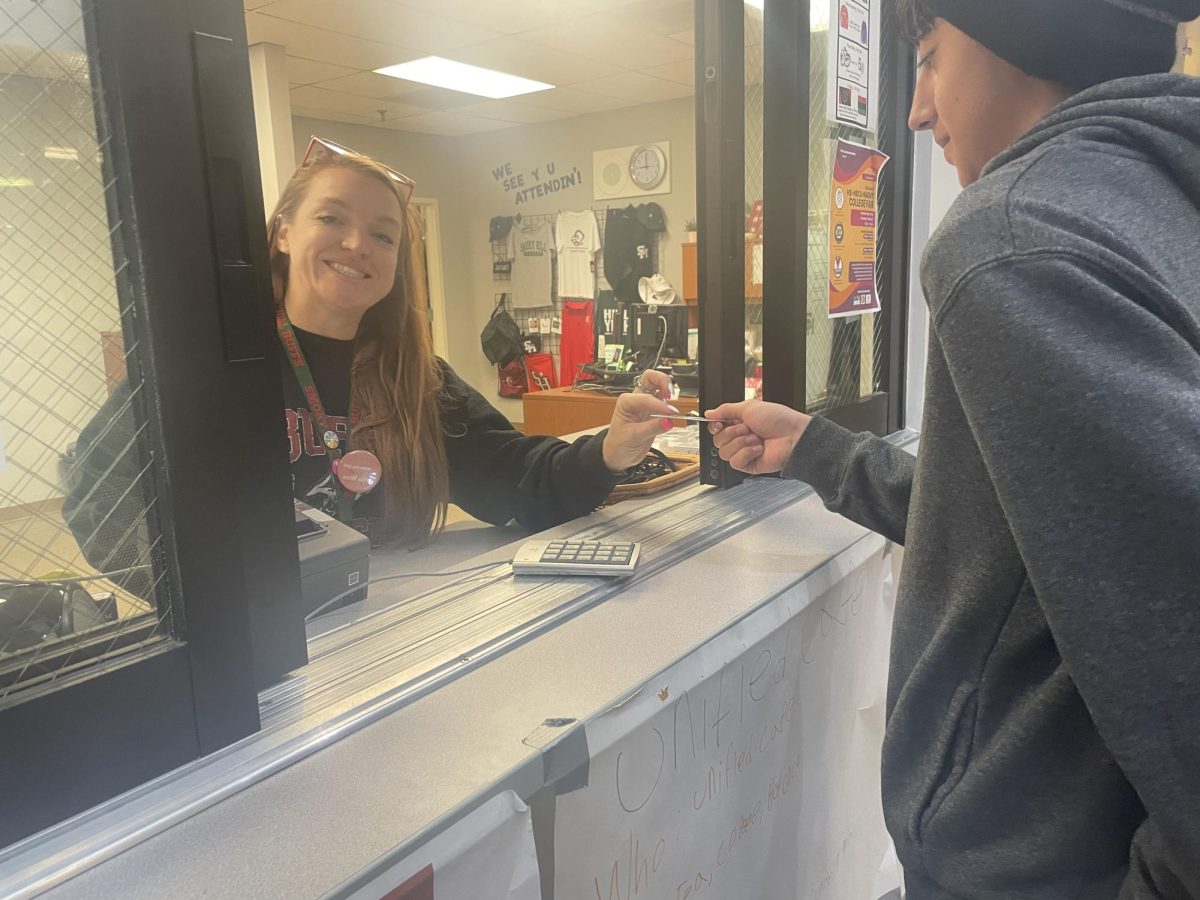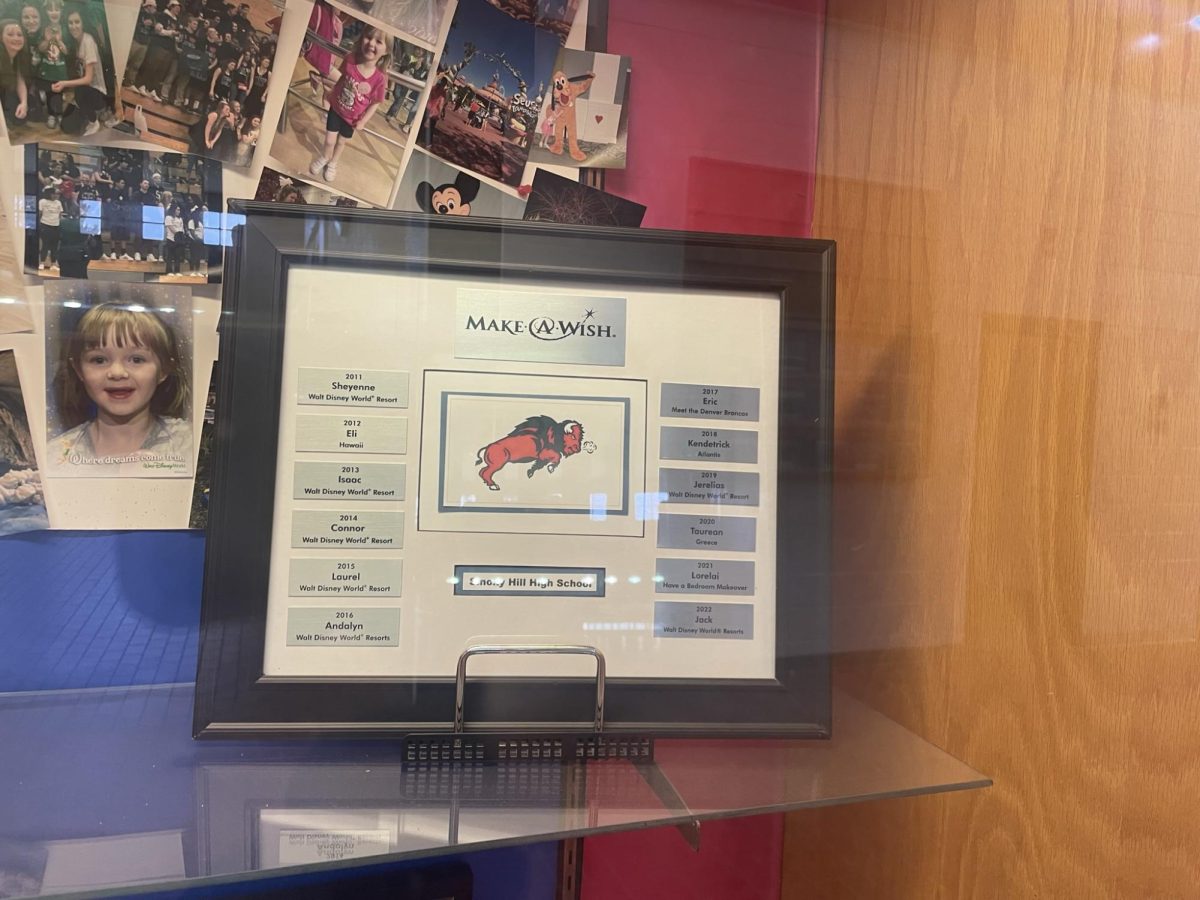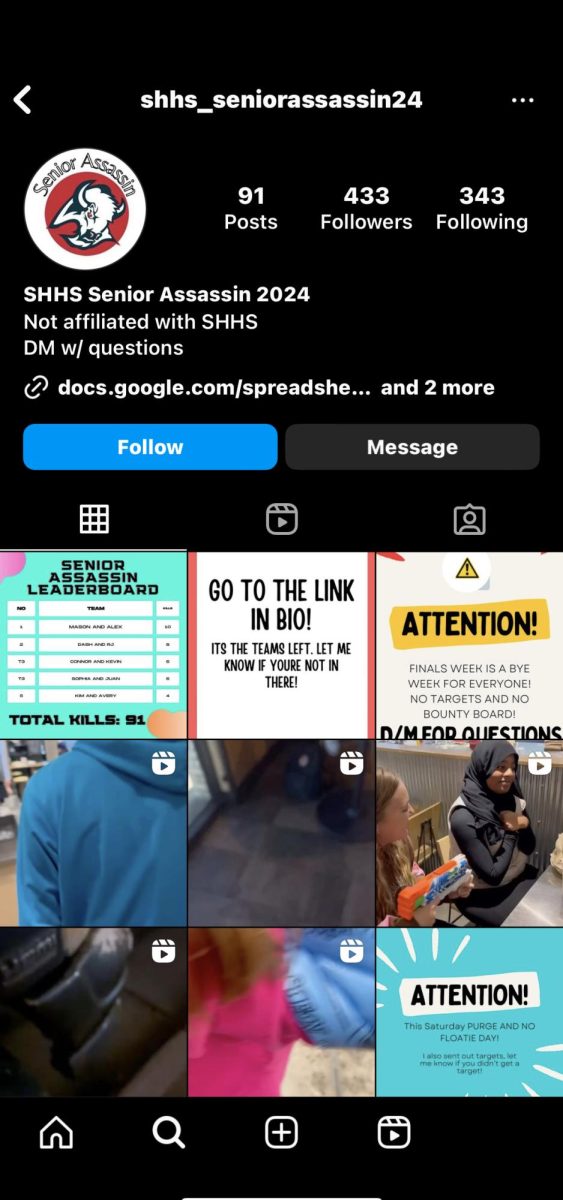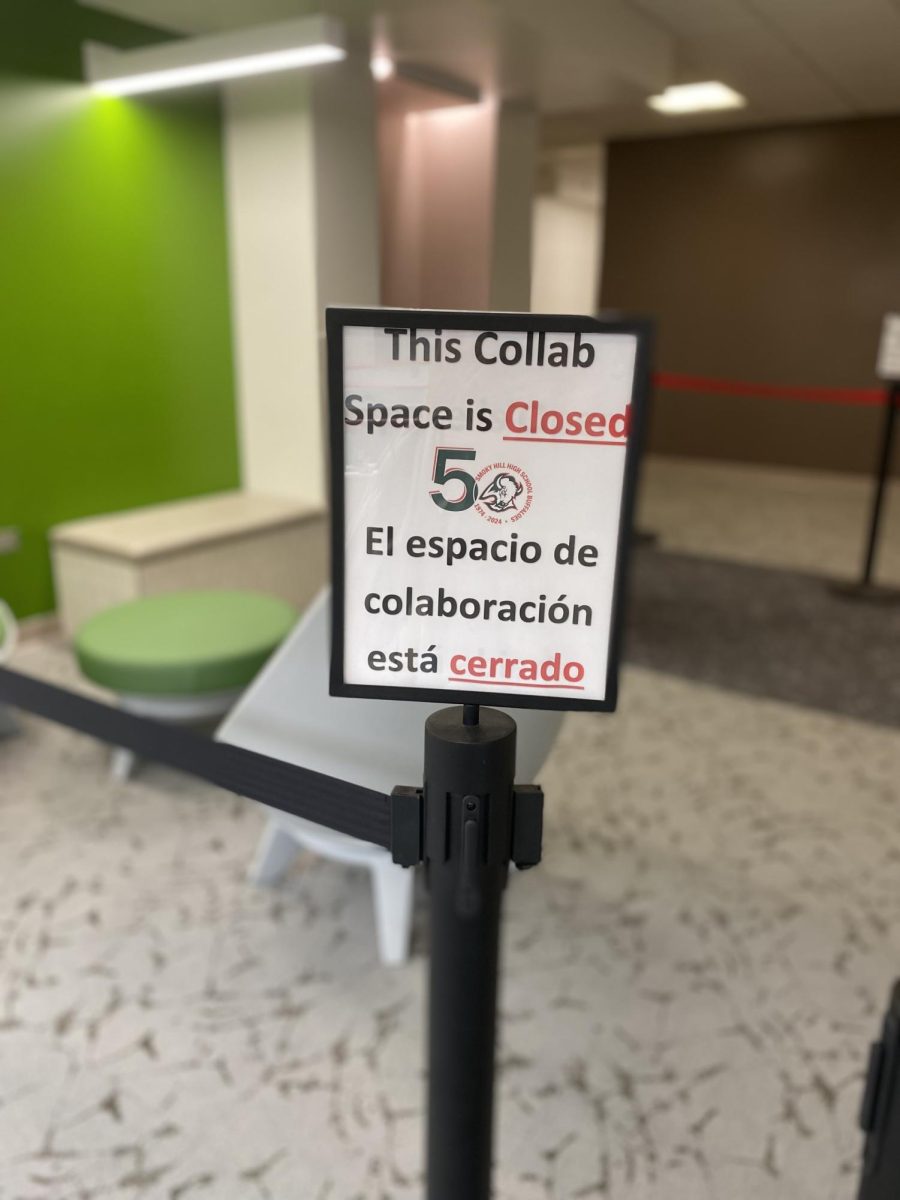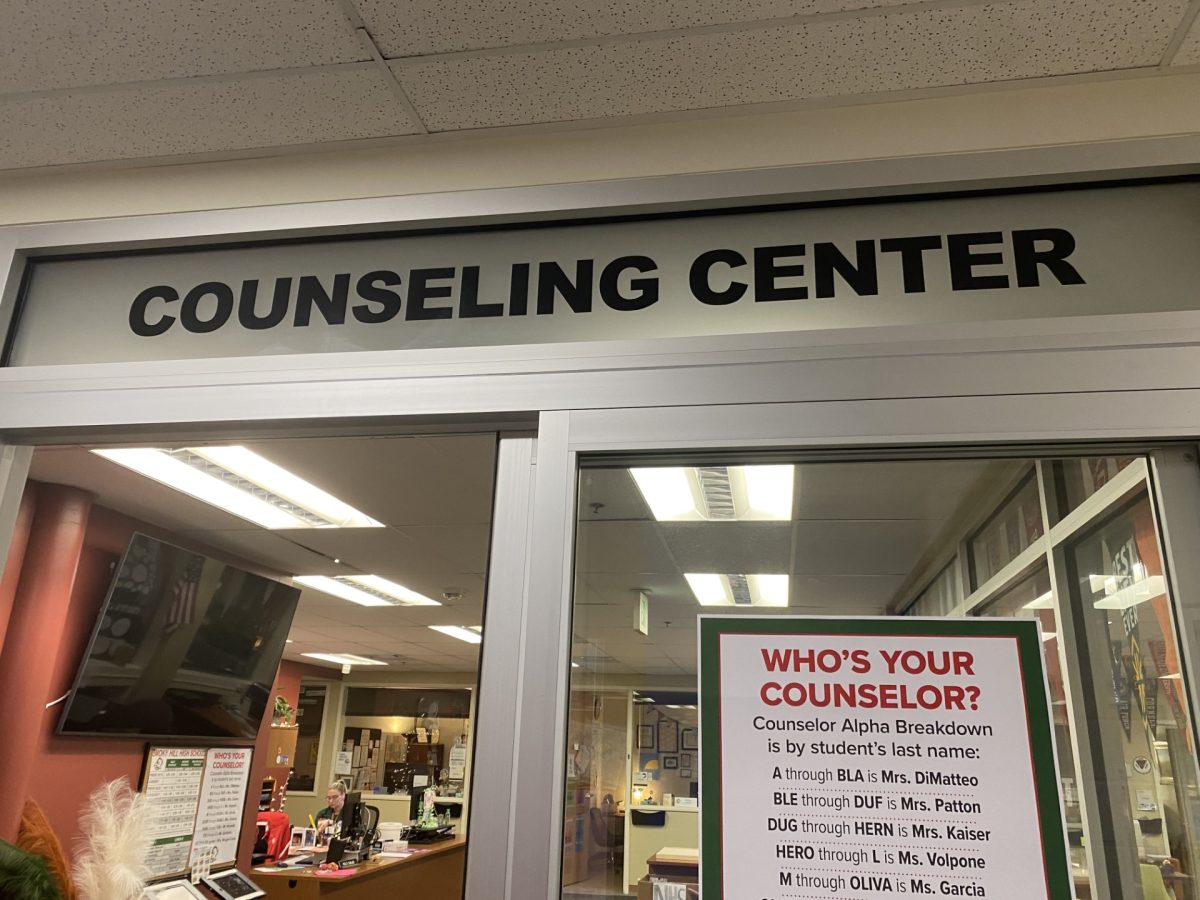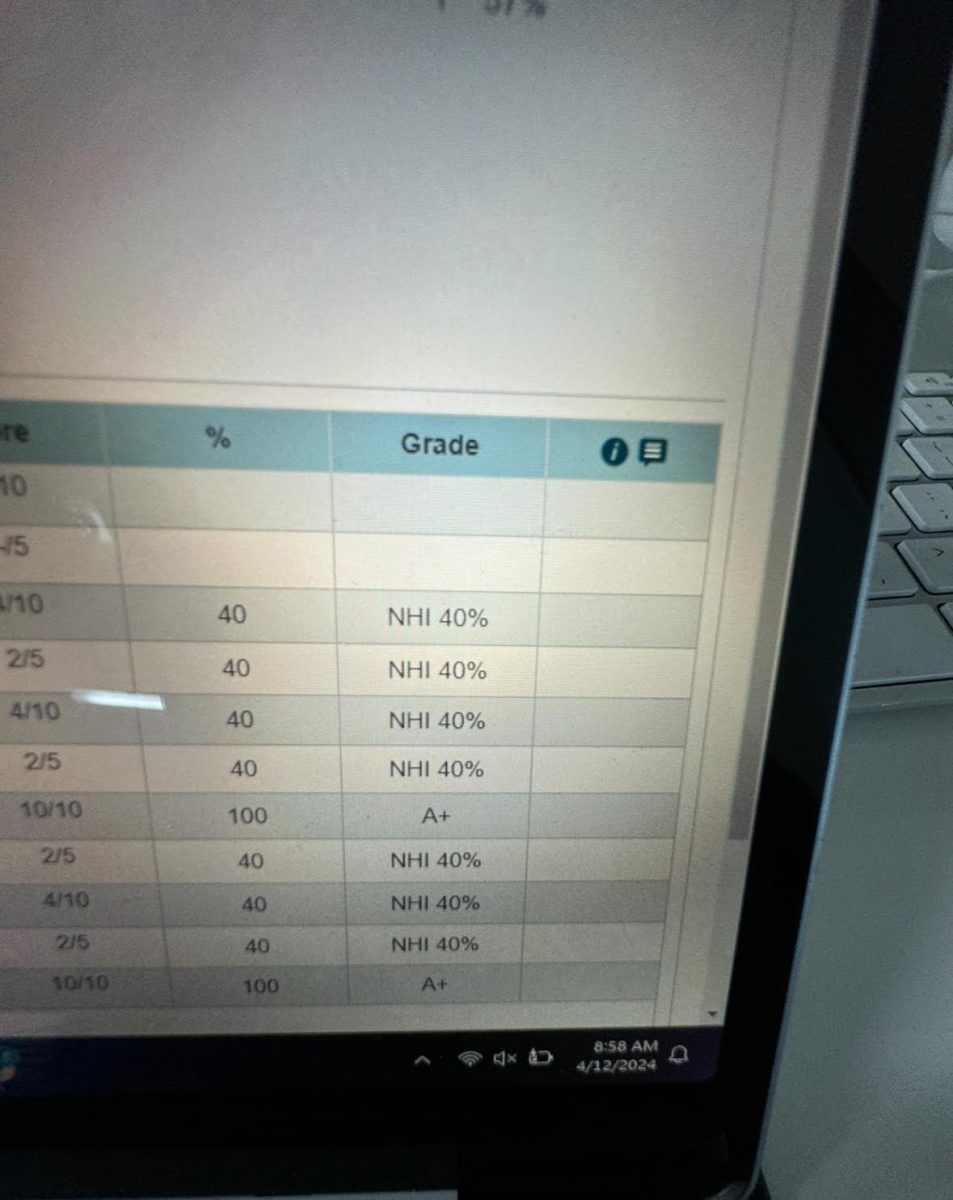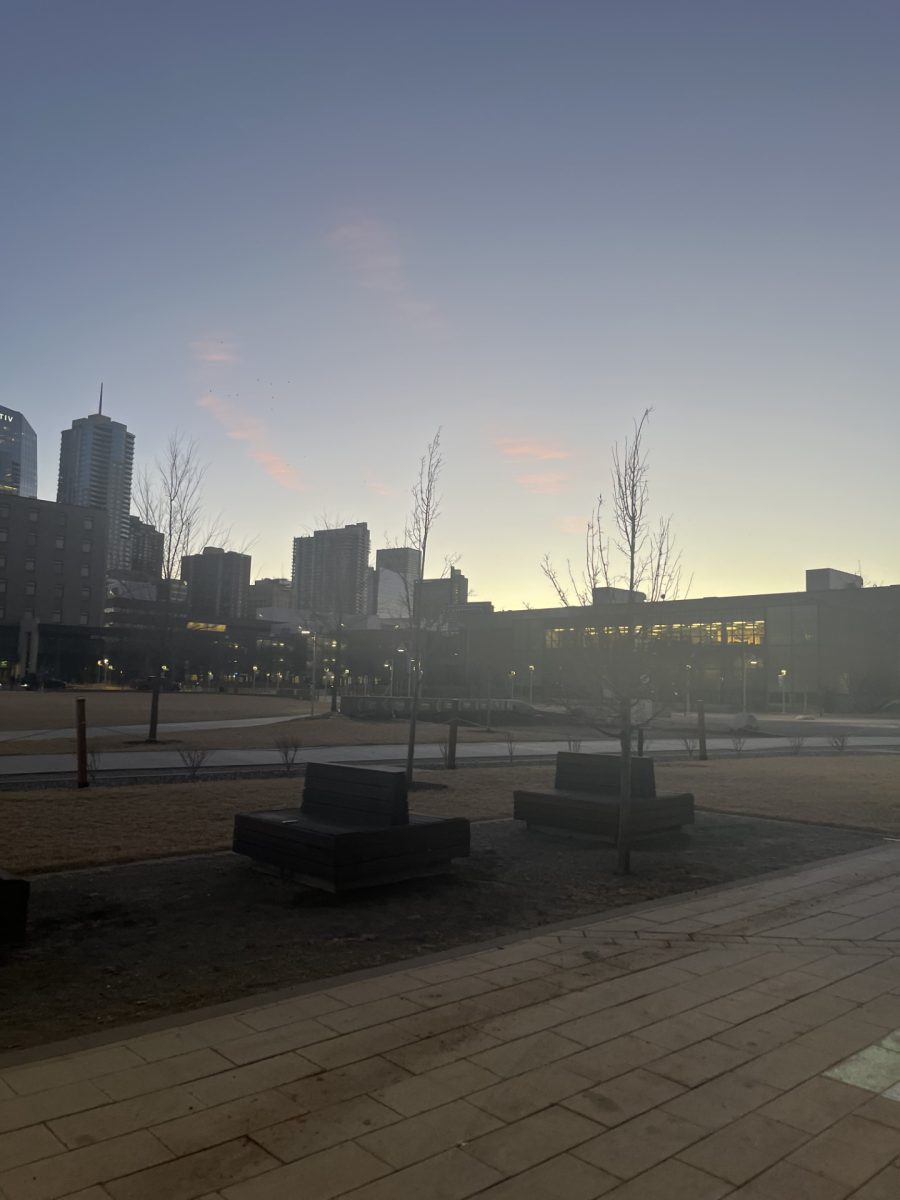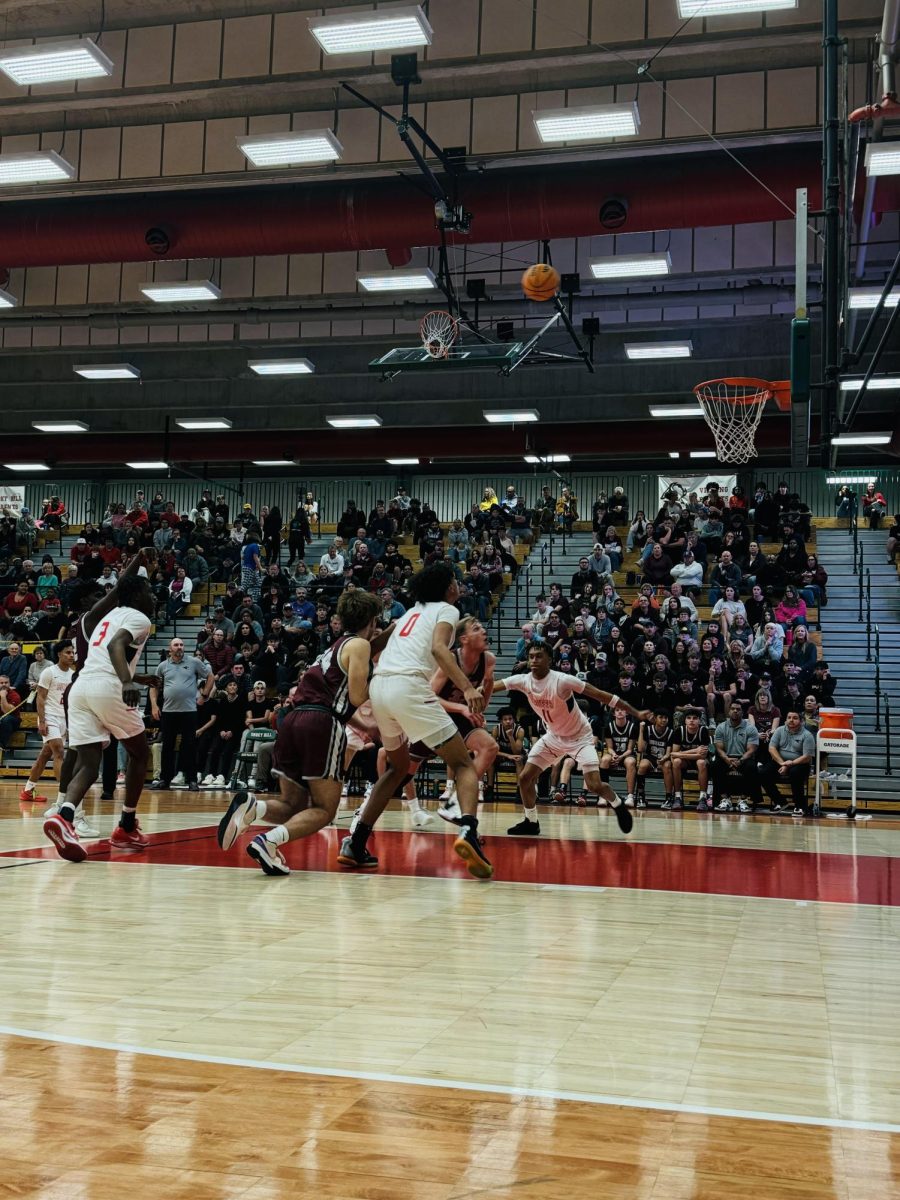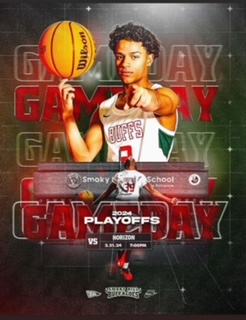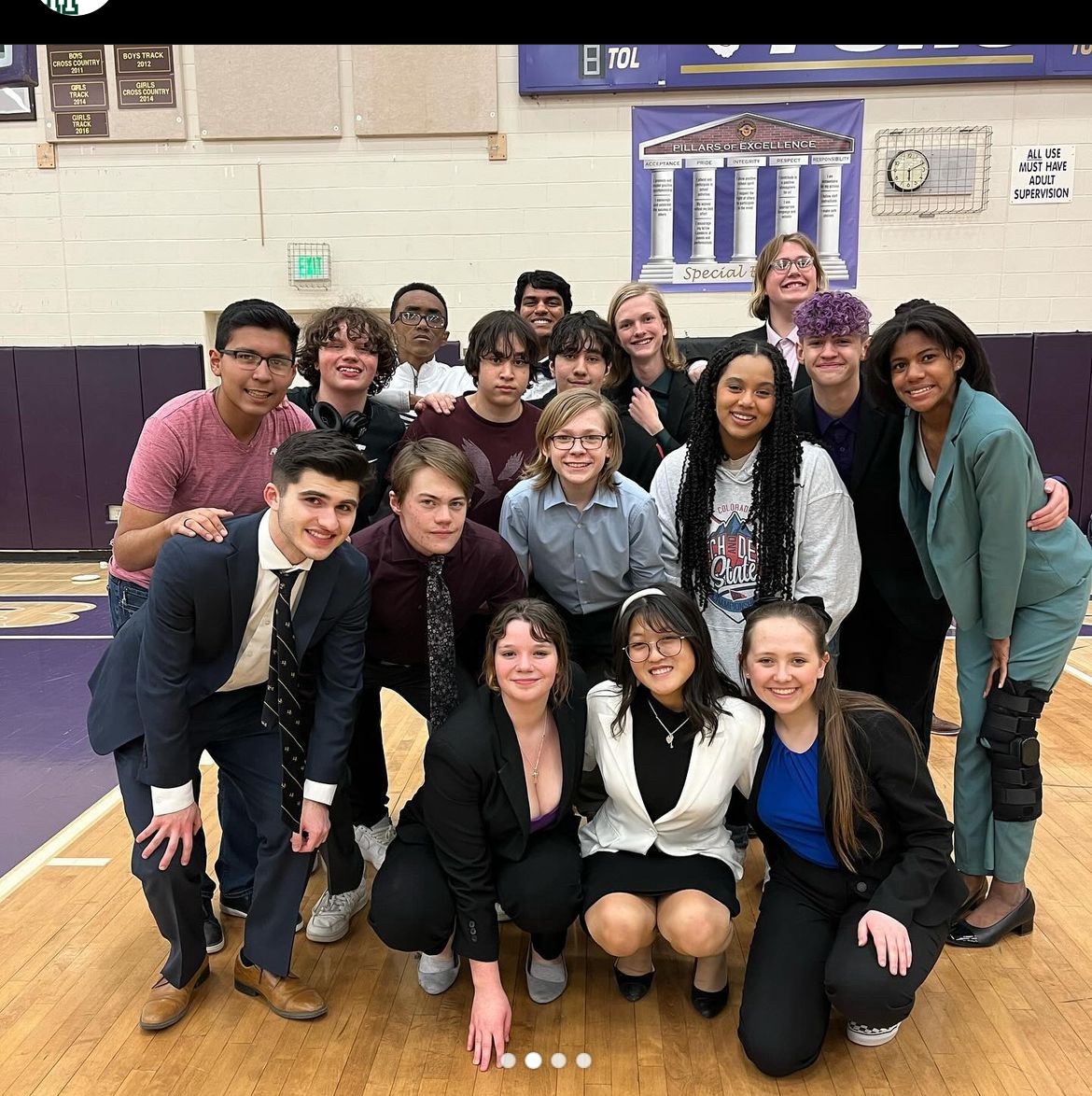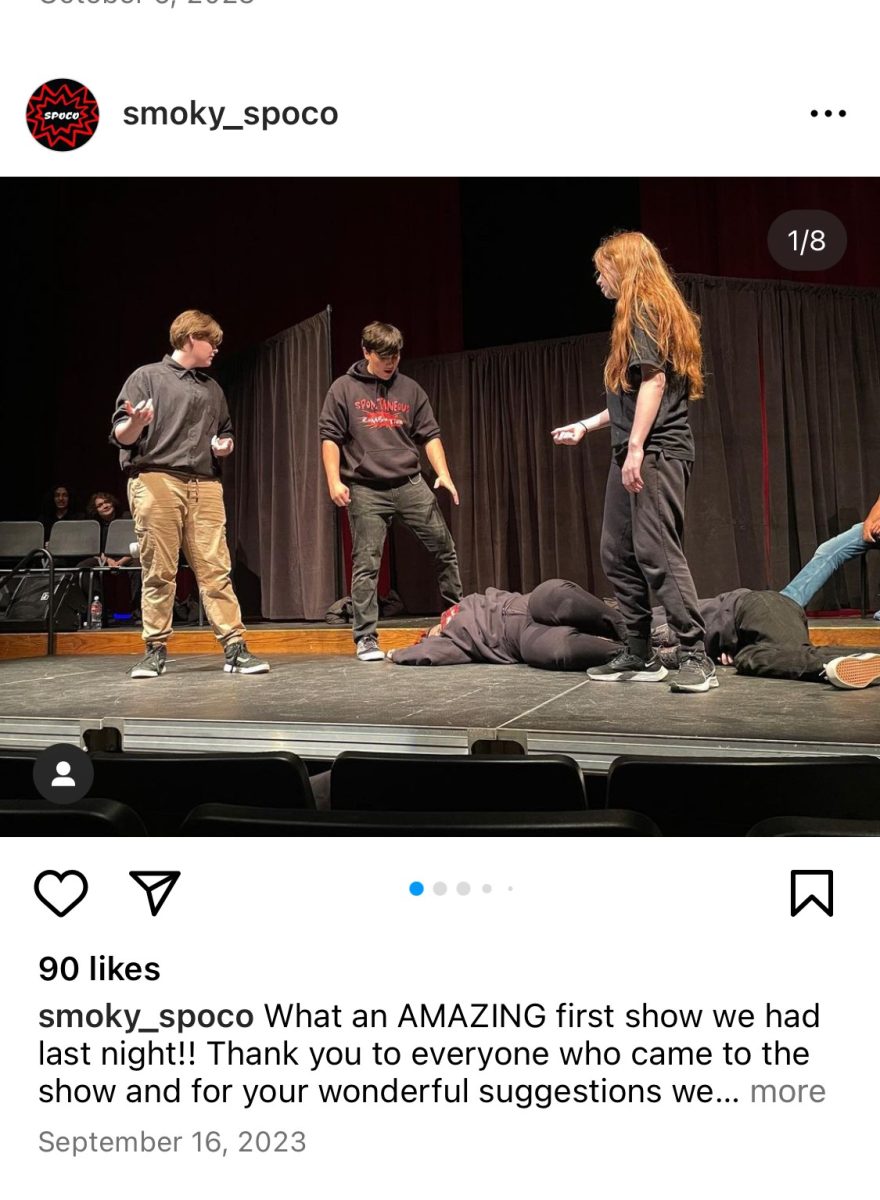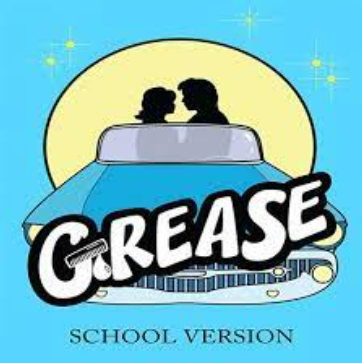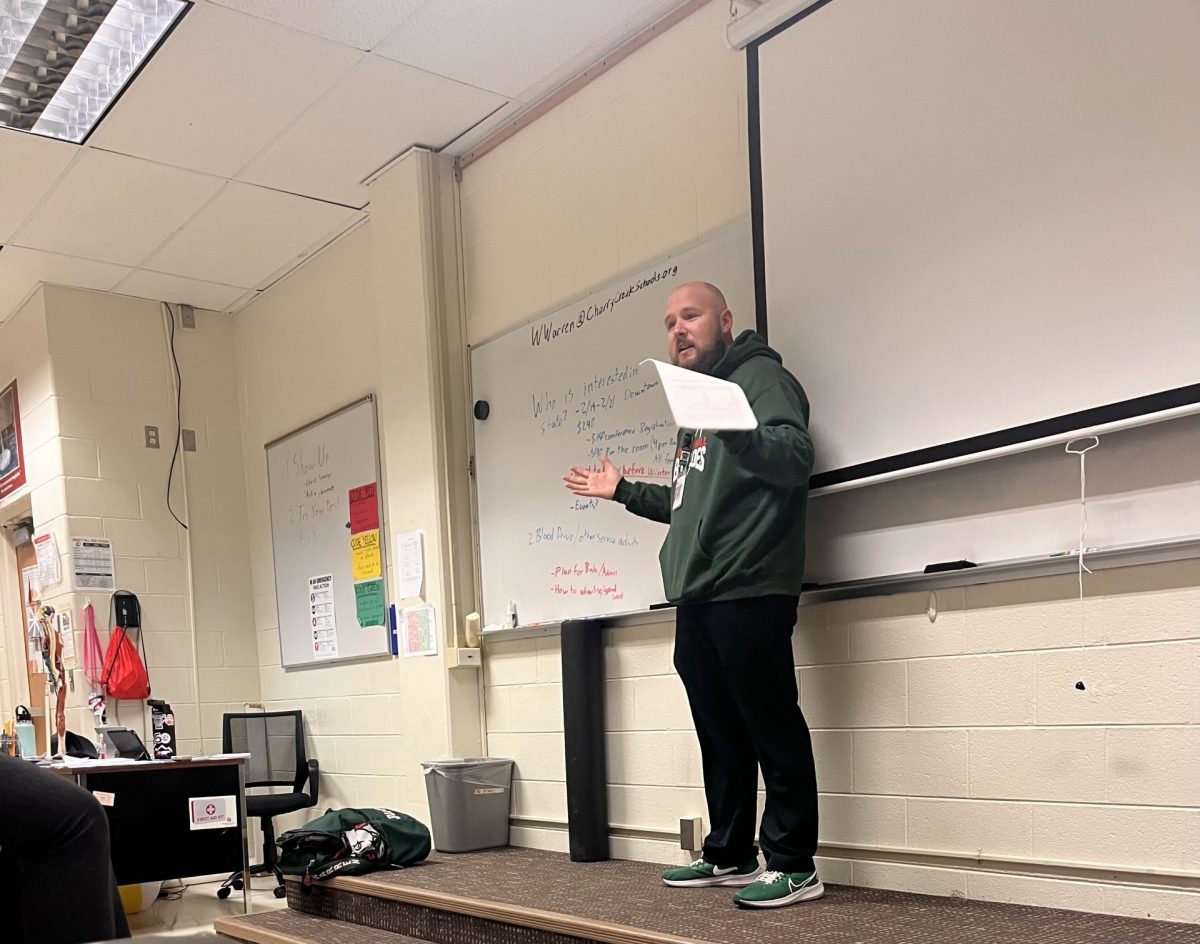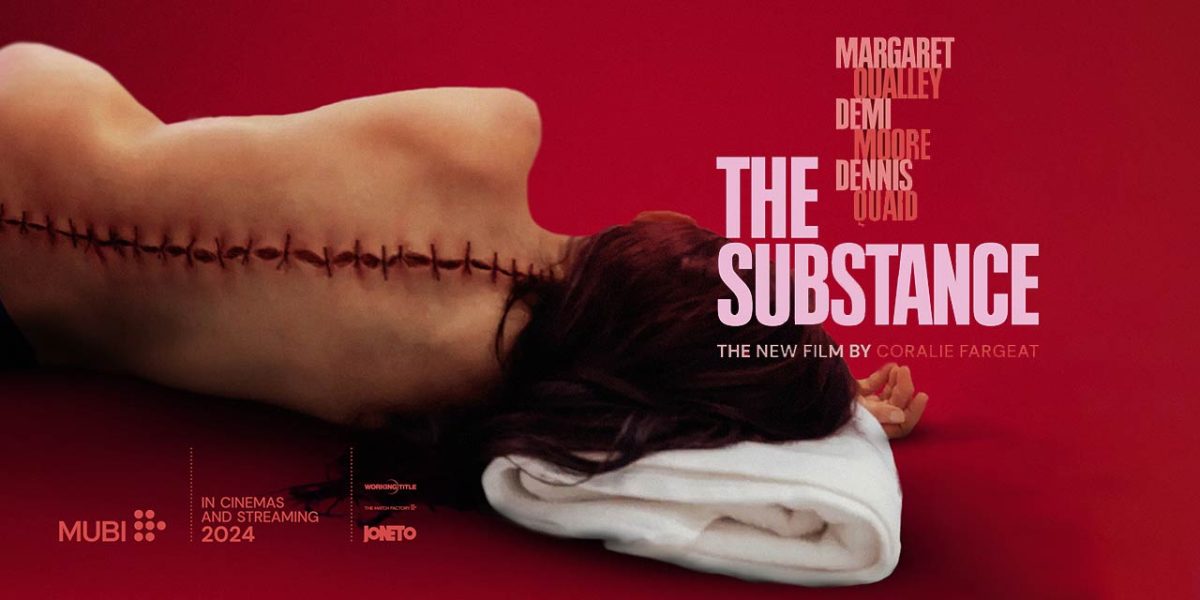Recollection Can Be Painful
Overview of the trial start-off and how a member of Smoky has handled the situation
May 6, 2015
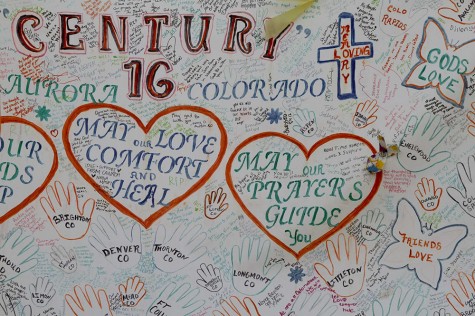
April 26, 2015, three years after the 2012 Century 16 shooting in Aurora, Colorado, the case for the People of the State of Colorado versus James Eagan Holmes finally started. There were at least 9,000 calls for jurors for the James Holmes case sent out in 2014.
Holmes went to the movie theater July 20, 2012 during the midnight premiere of The Dark Knight Rises, and attacked the viewers. He injured 70 people and murdered 12. According to District Court in Arapahoe County, Holmes is charged with “two counts of Murder in the First Degree for each of twelve deceased, two counts of Criminal Attempt to Commit Murder in the First Degree for each of seventy injured victims, one count of Possession of Explosive and Incendiary Devices, and one sentence-enhancing Crime of Violence count.”
Performing arts coordinator Tim Brown had a student that year who happened to be working there that night. Like the student, Brown said he has closed himself off from the situation because it is very emotional.
This trial has been very emotional for a lot of people. Brown said he has had students that went through Columbine, has known teachers that went through Arapahoe, and knew students who were present in the theater shooting which has affected him as well as his students.
“I think I close off because it’s a scary situation,” Brown said. “I’ve been affected indirectly by all three of those [situations]. Even talking about it now makes me very emotional, [like] thinking about one of my students that was shot in Columbine.”
The first day of Holmes’ trial was just opening statements. The prosecutors claimed that the defendant, Holmes, was sane due to different psych-evaluations which concluded that he was mentally stable. The prosecution also talked to the jury about the environment of the theater, describing it as “box-like”. The prosecution also noted that Holmes went into that theater intending to “slaughter” people and told the jury how they should decide Holmes is guilty and should be sentenced to death.
Brown hasn’t been keeping up with how the trial has been going but his judgement of how the trial should go isn’t clouded by his emotions.
“I think I would have to be on the jury to decide for sure,” Brown said as he was deciding if Holmes should be put to death or not. “I think anytime somebody takes somebody else’s life that we have to really examine, can that person be a productive member of our society, or do they need to be separated from the rest of society.”
The defense’s opening statement explained that, at the time of the shooting, Holmes’ state of mind was so deranged that he was “no longer living in the world we lived in,” according to trial videos. Assuring the jury that they would be sure of Holmes’ insanity by the end of the trial, the defense continues to mention the mental instability of his client.
Throughout the first week of the trial, witnesses have been called to describe that night-the night they they have lost loved ones, had been injured themselves, or had witnessed the heinous crime. The first time the witnesses were called to testify, the defense did not cross-examine them. One witness, an officer, described how he went into the theater to help retrieve the injured victims. That officer tried to look for the injured kids, saying that they didn’t deserve to be in an environment like that; so he grabbed a child and took her outside, but soon realised that the victim, the youngest out of all of them, was already gone.
“This is a side of the world we live in that is very negative,” Brown said.
News stations like 9news and NBC kept viewers up-to-speed with the Holmes trial, but also spared them some of the unbearable photos and details that the jury witnessed. Some of the officers helped out the victims by using their squad cars as ambulances, and themselves as paramedics 9news reported.
“I personally haven’t followed [the trial],” Brown said. “I assume I’ll be interested in the outcome, but right now it’s just not something that either emotionally or intellectually I’m interested in at all.”
Getting over something like this could seem impossible, but its not.
“If there is a silver-lining,” Brown said, “its that you see the people like the students I know that have been in these situations, what they’ve overcome, they’re champions.”
The trial is still going on this week and should be going on for a while.


